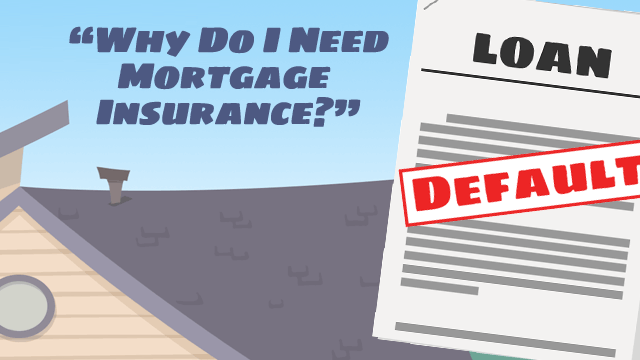FHA Mortgage Insurance Issues For First-Time Home Buyers
October 24, 2024
Buying your first home is a major milestone. If you use an FHA mortgage to buy your home, you’ll have two different types of insurance to consider.
One type is the FHA-required mortgage insurance premium, which is paid for 11 years or the loan's lifetime, depending on your down payment, loan term, and other variables.
That insurance policy protects the lender in case you default on the mortgage; it does not protect the homeowner.
The other type of insurance is homeowner’s insurance, sometimes called hazard insurance. This policy protects the borrower’s investment, covering the house and any contents specified in your legally binding loan agreement.
Some consider this type of insurance a safety net for the home, protecting the insured from the financial burden of a fire, theft, or natural disaster.
FHA Loan Requirements and Adequate Protection
The FHA doesn't dictate specific types of hazard insurance, but borrowers should maintain enough coverage to protect their investments.
Setting deductibles too high or failing to get coverage for certain contingencies such as flooding (as opposed to the water damage from a broken pipe or related issues.) Your insurer may value the home based on the lesser amount between the appraised value and the replacement cost of the property.
Deductibles, the out-of-pocket amount before your insurance pays, may be set at your discretion. However, carrying deductibles you can’t realistically pay today in cash is a risk.
Homeowners Insurance vs. Mortgage Insurance
It's easy to confuse homeowners and mortgage insurance, but they serve distinct purposes. Homeowners insurance protects your property and belongings, as mentioned above.
Mortgage insurance protects the lender in case the borrower defaults on the loan. This type of insurance does not pay out to the borrower.
This insurance minimizes the lender's risk and makes it easier to approve your FHA loan.
Choosing the right hazard insurance policy for your FHA loan requires careful consideration of several factors:
Coverage Needs: Evaluate your specific needs based on the value of your property, its location, and everything you own.
Policy Options: Compare different policy options and coverage levels to find the best fit for your needs and budget. Pay close attention to deductibles, premiums, and any exclusions listed.
Discounts: Ask about discounts, such as those for security systems, smoke detectors, and carrying several policies with the same insurer.

FHA Loan Articles
November 12, 2024Escrow is an important feature of most typical FHA loans. An escrow account is a third-party account where borrowers deposit funds designated for property taxes and other uses. Requirements to use escrow accounts typically stems from a need to protect all parties involved in the transaction
November 2, 2024When it’s time to consider buying a home, the Federal Housing Administration (FHA) offers two popular options. One is the traditional FHA purchase loan many use to buy a house in the suburbs. But not everyone wants to buy an existing property. Some want more control over the design and configuration of the home.
The other FHA construction loan option, the one-time close mortgage, comes in here. This option is for those who want to approve floor plans, have a say in the types of materials used to build the home and choose its features.
October 31, 2024When buying a home for the first time, it helps to know how long the process can take. How do you know if your appraisal report is delayed if you don’t know how long the FHA allows for the process to be completed? How long does it take to get from the final offer to closing day? A “typical” FHA loan process may take up to 45 days from start to finish. Several factors can influence this timeline.
October 30, 2024Just because an FHA loan is designed to be more lenient with FICO scores and require a lower down payment doesn’t mean the house you buy with that loan is less than ideal. Did you know that FHA loans have minimum property standards to ensure the home is safe and livable? Those standards require the home to have an “economic life” for the entire term of the loan so you can freely sell the property later on if you choose to do so.
October 29, 2024Buying a home with an FHA mortgage is a major life decision, and preparation is essential before you start house hunting or consider making an offer on a property.
How to get started? In the early stages, establishing your budget and how much work you need to do on your credit is key. But once you have gotten past the initial phase of that planning you’ll want to consider the house itself and what you want from it.







